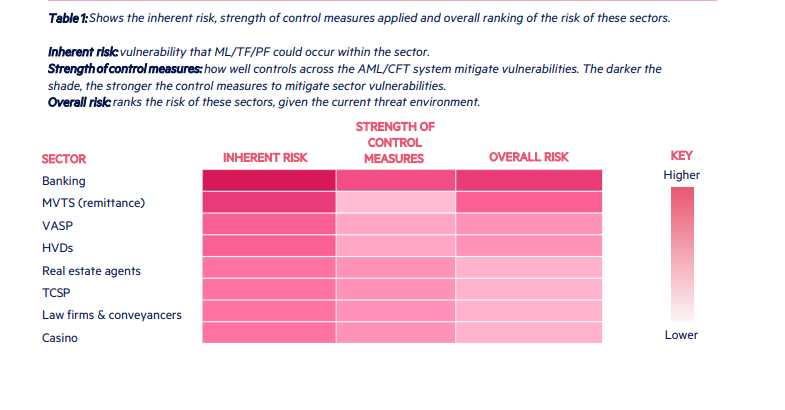Consultation on proposals to limit international fund transfers (IFTs)
Overview of the proposal
In its April 2025 report, the Transnational Serious Organised Crime (TSOC) Ministerial Advisory Group (MAG) stated:
"In order to break the cycle of crime, we need to stop the profits of crime from reaching organised crime groups or leaving New Zealand.
"Cash is one of the most critical enablers of the criminal economy because it provides anonymity. Cash is central for avoiding monitoring and detection by regulatory agencies and financial institutions. It enables a range of offending, from the sale of illicit drugs, firearms and stolen property, crime associated with migrant exploitation and tax evasion, and the financing of organised crime groups.
There is scope to strengthen the controls on cash within New Zealand. Making it harder for illegitimate cash to be introduced into our financial system will reduce opportunities to send organised crime profits in New Zealand offshore".
To address these issues, the MAG recommends a range of options, one of which is the current recommendation to ban businesses from accepting cash for international funds transfer services.
Ministry of Justice research shows that the median size of cash remittances originating from New Zealand is $500, however to avoid impacts on the general public, the recommendation was amended to ban cash International Funds Transfers over $5,000.
In the 2024 National Risk Assessment, sectors offering remittance services are listed as high-risk sectors. Cash is recognised as a key threat and driver of crime. The ability to move cash between the illicit economy and the legitimate economy is both an enabler and driver of crime and money laundering. Wire transfers typically enable cross-border transfer of proceeds associated with fraud and drug dealing, and the inwards movement of illicit wealth to the New Zealand financial system.
 Finally, the National Risk Assessment recommends de-risking the remittance sector by introducing policy options that ban cash IFTs over $5,000.
Finally, the National Risk Assessment recommends de-risking the remittance sector by introducing policy options that ban cash IFTs over $5,000.
The 2024 National Risk Assessment and the April MAG report are linked below for your information.
National Risk Assessment 2024
Ministerial Advisory Group - April 2025 Report
